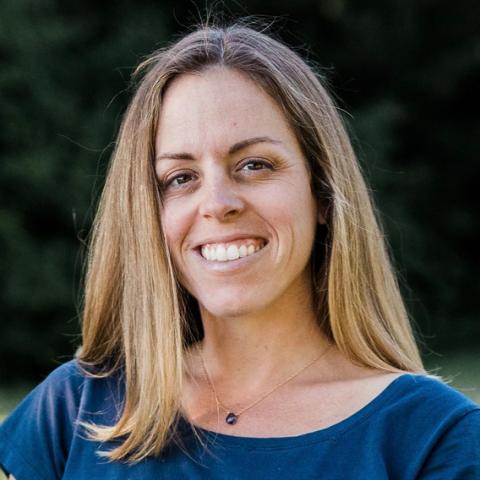Megan Carney
Associate Professor, School of Anthropology
Director, UA Center for Regional Food Studies
Megan Carney, Ph.D., is an Associate Professor in the School of Anthropology. She is a sociocultural and critical medical anthropologist with specializations that include transnational and gendered migration, migrant health, food and food systems, and biopolitics. Her research involves fieldwork in the western United States with Latin@, Mexican, and Central American communities and in Italy with a particular focus on migration in the Mediterranean.
Dr. Carney’s projects are framed by a shared set of general, theoretical and ethnographic questions: For what particular reasons do people migrate across borders? What variables and circumstances shape migrants’ experiences of resettlement? In what ways do differences in race, class, gender, immigration status as well as conceptions of “deservingness” held by health providers and other key social service providers affect migrant health status, access to, and utilization of social services? What are the broader effects of restrictive immigration policies (i.e., surveillance of immigrant communities, immigrant detention, deportation) for im/migrant psychosocial health and health behaviors, as well as social relations within households, communities, and the wider political-economic context? In what ways does the state attempt to prevent, manage, or control particular health problems among migrants and other structurally vulnerable populations?
Her first book The Unending Hunger: Tracing Women and Food Insecurity Across Borders (University of California, 2015) is based on ethnographic research that she conducted from 2009 to 2011 on the lived experiences of migration and food insecurity among Mexican and Central American women in the United States. She conducted fieldwork in Santa Barbara County, California, a region with a deep history of seasonal labor migration and some of the highest rates of food insecurity and poverty in the nation. Examining how constraints on eating and feeding translate to the uneven distribution of life chances across borders, how neoliberal economic policies translate to hunger and displacement, and how “food security” continues to dominate national policy in the United States, she argues for understanding women’s relations to these processes as inherently biopolitical. She approaches these issues from the lens of gender – in addition to race, class, and citizenship – arguing that “food security” as a biopolitical project rests primarily on the shoulders of low-income women whose caring labor in the realm of social reproduction is generally devalued by society. I concluded that women find scarce opportunities to escape these biopolitical modes, as they also struggle to reconcile with the pervasive conditions of food insecurity. Methods of data collection included key informant interviews, life history interviews, focus groups, dietary surveys, and participant observation. The book received the 2015 CHOICE award for Outstanding Academic Title.
Her second book (in progress), Island of Hope: Migration and Solidarity in the Mediterranean is an ethnography of local responses to the "migration crisis" in Sicily and solidarity initiatives and networks formed through alliances of citizens and noncitizens. She is also currently investigating the effects of heightened fears and anxieties about U.S. immigration enforcement for mental health and care-seeking behaviors in migrant communities. She is examining the lived experience of heightened mental distress and malnutrition among migrant women in particular, as well as the social life of mental health practice along the immigration spectrum, including at community clinics, social service agencies, hospitals, and detention centers.
Dr. Carney also serves as Director of the UA Center for Regional Food Studies and is a core faculty member in the UA Food Studies Initiative.
Read more about Megan Carney


